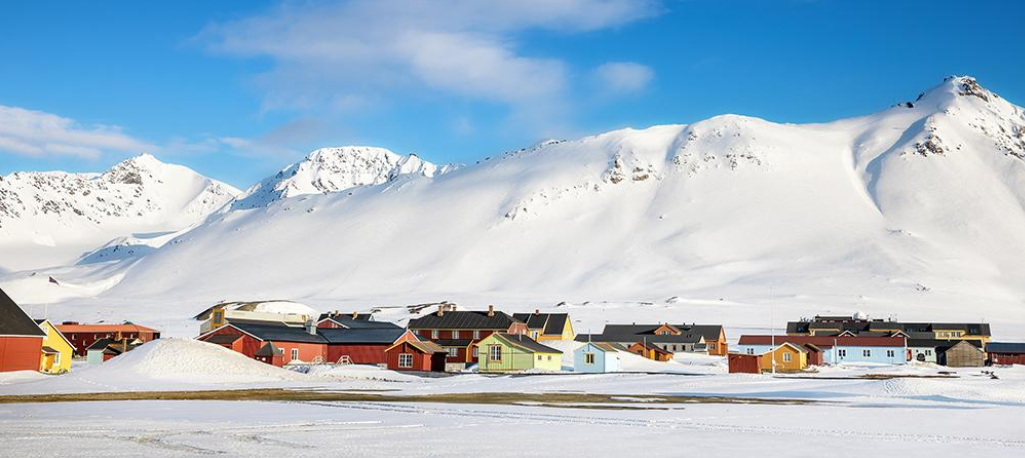Journalism Portfolio
Bringing the power of molecular biology to environmental science
A first-of-a-kind research expedition is pioneering the use of mobile laboratories to understand how Europe’s coastal ecosystems are impacted by environmental factors such as pollution, loss of biodiversity, and climate change.
The mobile truck laboratories will bring state of the art equipment and technologies to over 100 locations along the coast in 24 countries, where scientists will collect samples and analyse them directly on site. This will be the first time researchers have been able to carry out such detailed molecular biology research in the field.
All at sea: Call for new body to bridge the science - policy divide and save the oceans
Protecting the oceans that cover 70% of the earth is not getting enough attention in climate change policy. Now, scientists are pushing for a dedicated international body to coordinate research and inform policymakers
Hacking research translation: EU looks to hack-a-thons to extract value from its databases
In an attempt to get more value out of the basic research it funds, the EU is organising hackathons to transform the raw data generated into products and services
New Pressure for European Research Unity
Leading academics call for UK and Switzerland to associate with Horizon Europe to counter US green tech might
Scientists fear excluding Russia from Arctic research will derail climate change effort
The Arctic circle is warming three times as quickly as the rest of the planet. With access to research in Siberia now restricted, the impact could be ‘felt all around the world’
The way we are going about saving coral reefs is all wrong
Coral gardening projects are more popular than ever to help reefs recover from the effects of a warming ocean, but they are a distraction away from the real solutions.
Read more in New Scientist
Scaling up tidal requires a new flood of cash
Tidal energy could be a game-changer for a greener, more sustainable economy as the EU moves towards a target of 40-percent renewables in its overall energy mix by 2030.
It could deliver 100 GW of capacity by 2050 – equivalent to 10 percent of Europe's electricity consumption today.
Read the full article in EU Observer
How the keep cup became a casualty of the pandemic
One of the early casualties of Covid-19 was the reusable coffee cup. Reducing waste took second place to avoiding infection. In the early days, little was known about the disease, how contagious it was and how it was spreading. Now, as society reopens, some cafés are looking for ways to safely reintroduce 'keep cups'.
Read the full article in the Irish Independent
Researcher contracts under strain as economic recession looms
Covid-19 worsens the already precarious scenario for scientists on short-term contracts. Researchers have become increasingly dependent on temporary and short-term contracts, leaving them without job stability and without clear career paths.
Read more in the Irish Times
COVID-19 is cutting air pollution, but it will not slow climate change
The coronavirus crisis is leading to lower emissions across Europe and around the world. But these reductions are temporary - and, despite a postponement of the global climate summit, experts say now is not the time to put green energy research and climate policy on lockdown. Read the full story in Science Business.
Matchmaking corals from different colonies could reduce bleaching events
Breeding together corals that have naturally high heat tolerance and planting them on coral reefs could increase the reefs’ resilience to climate change and reduce the impact of bleaching events, according to Dr James Guest, a coral reef ecologist from Newcastle University, UK.












